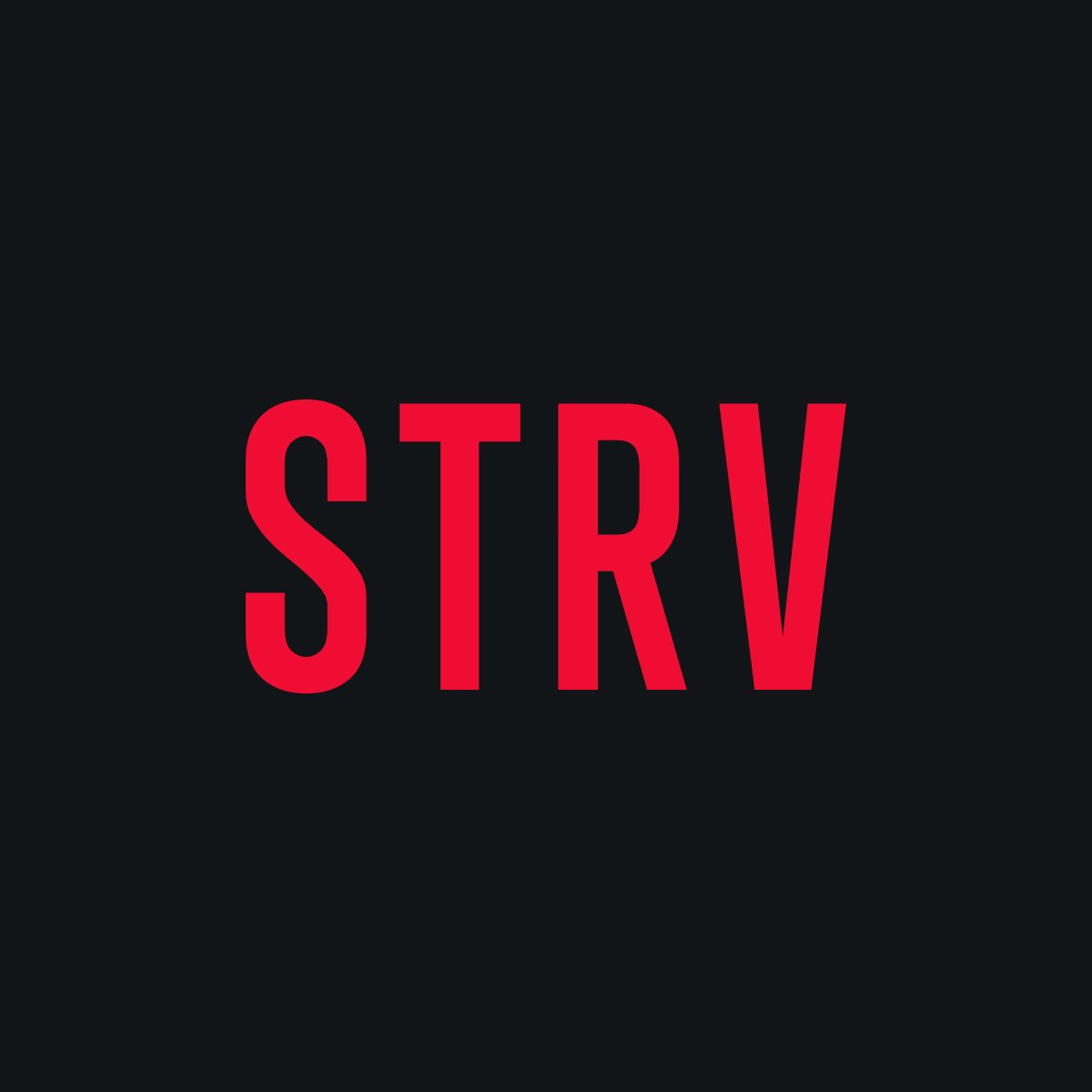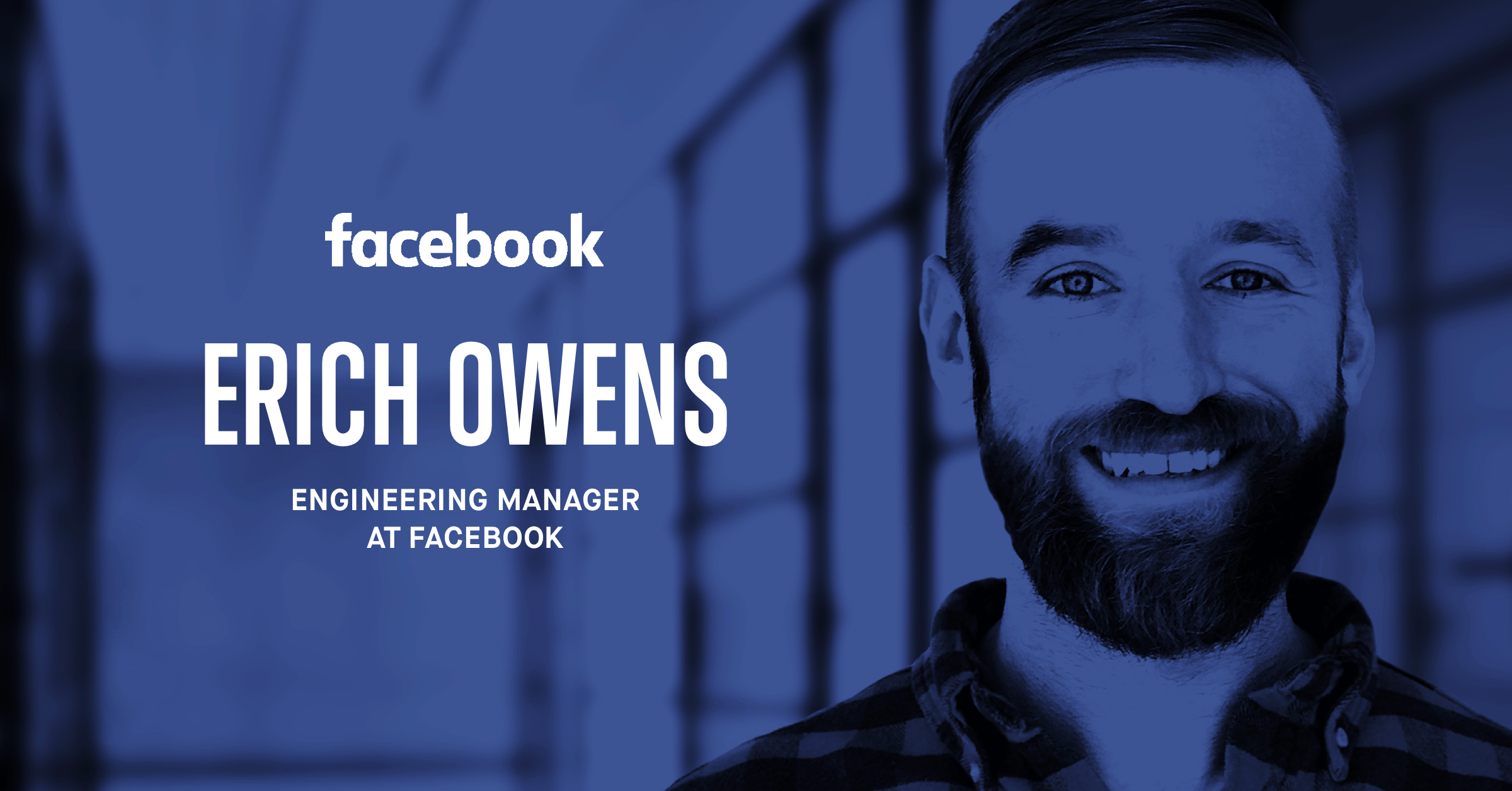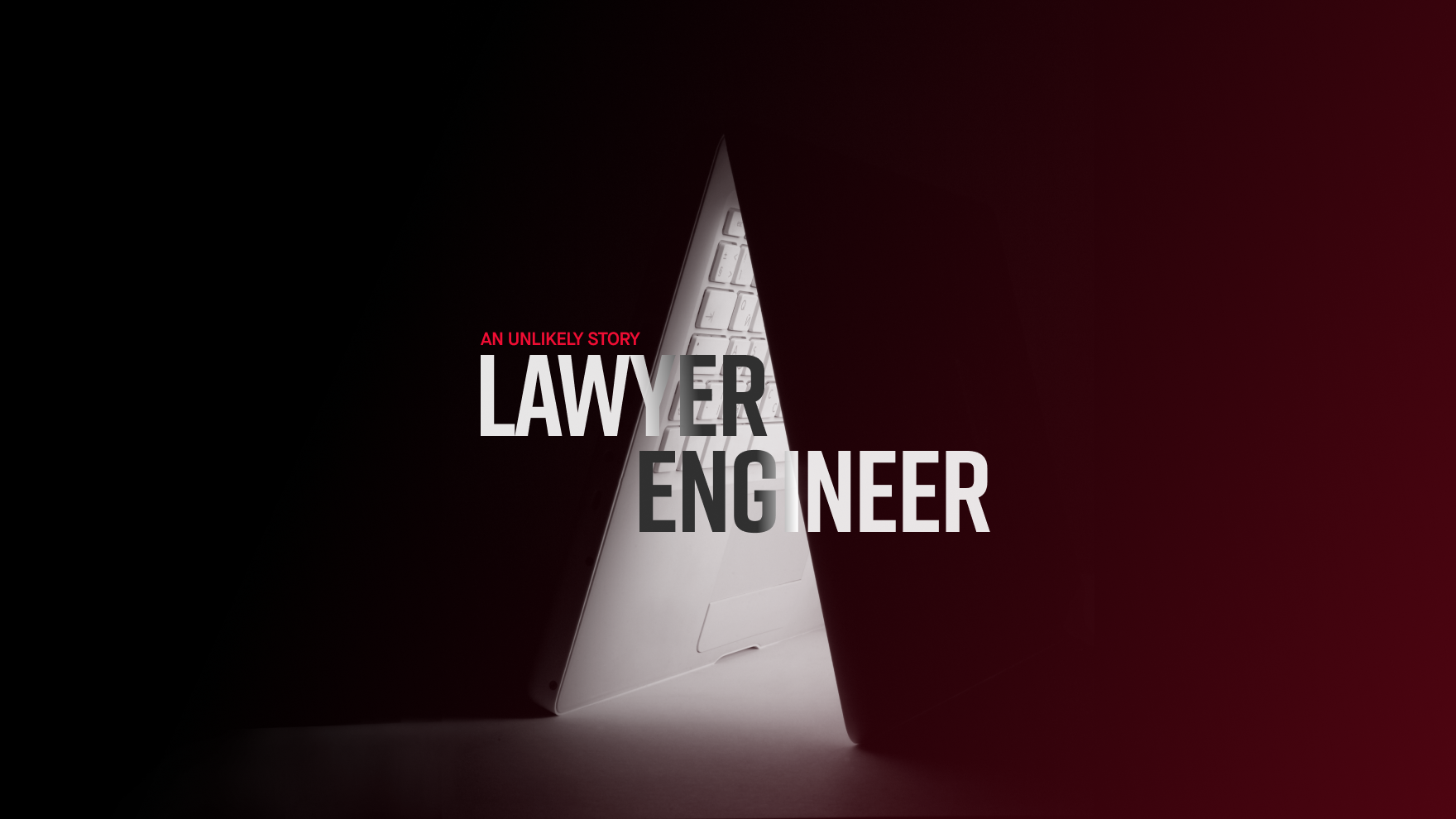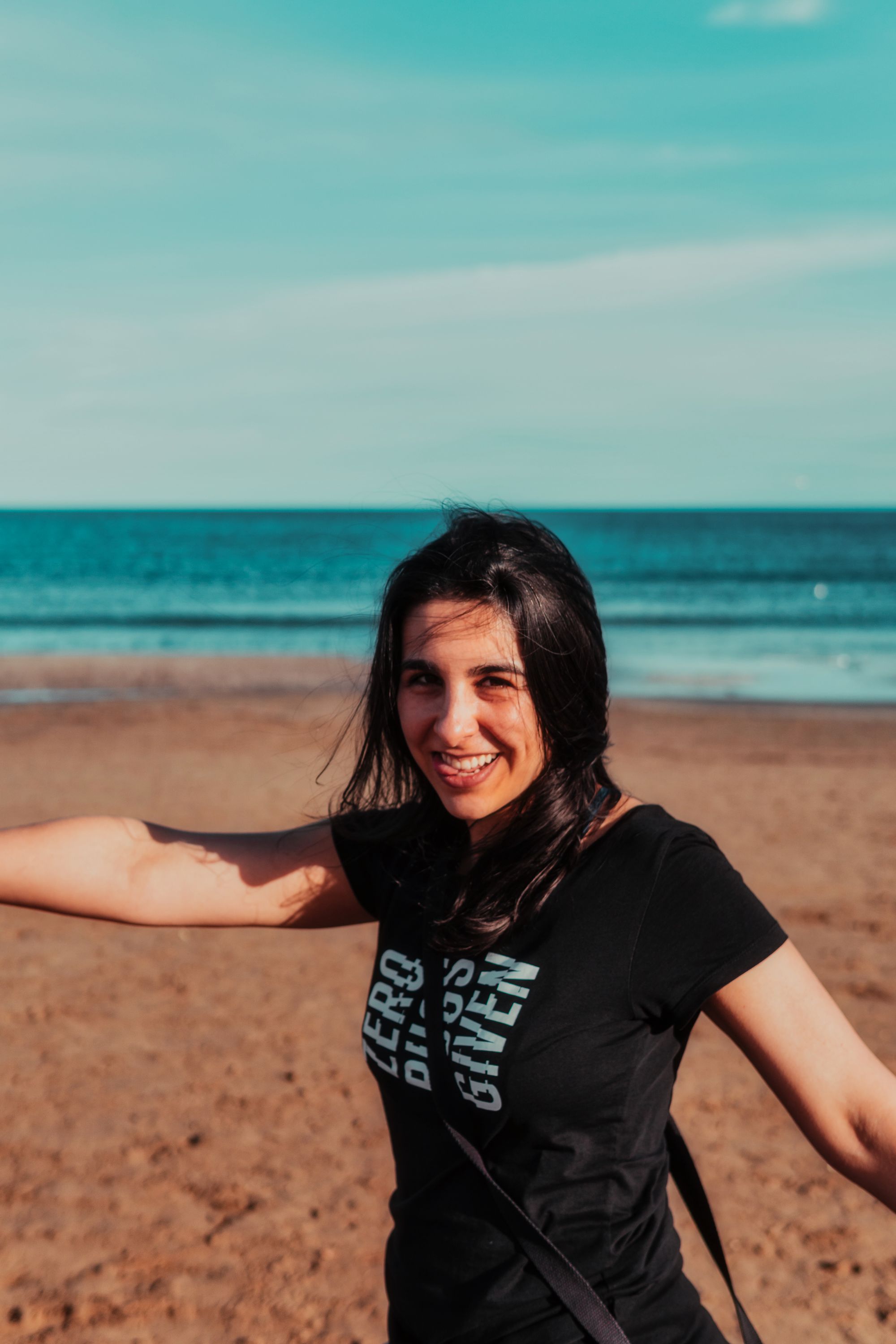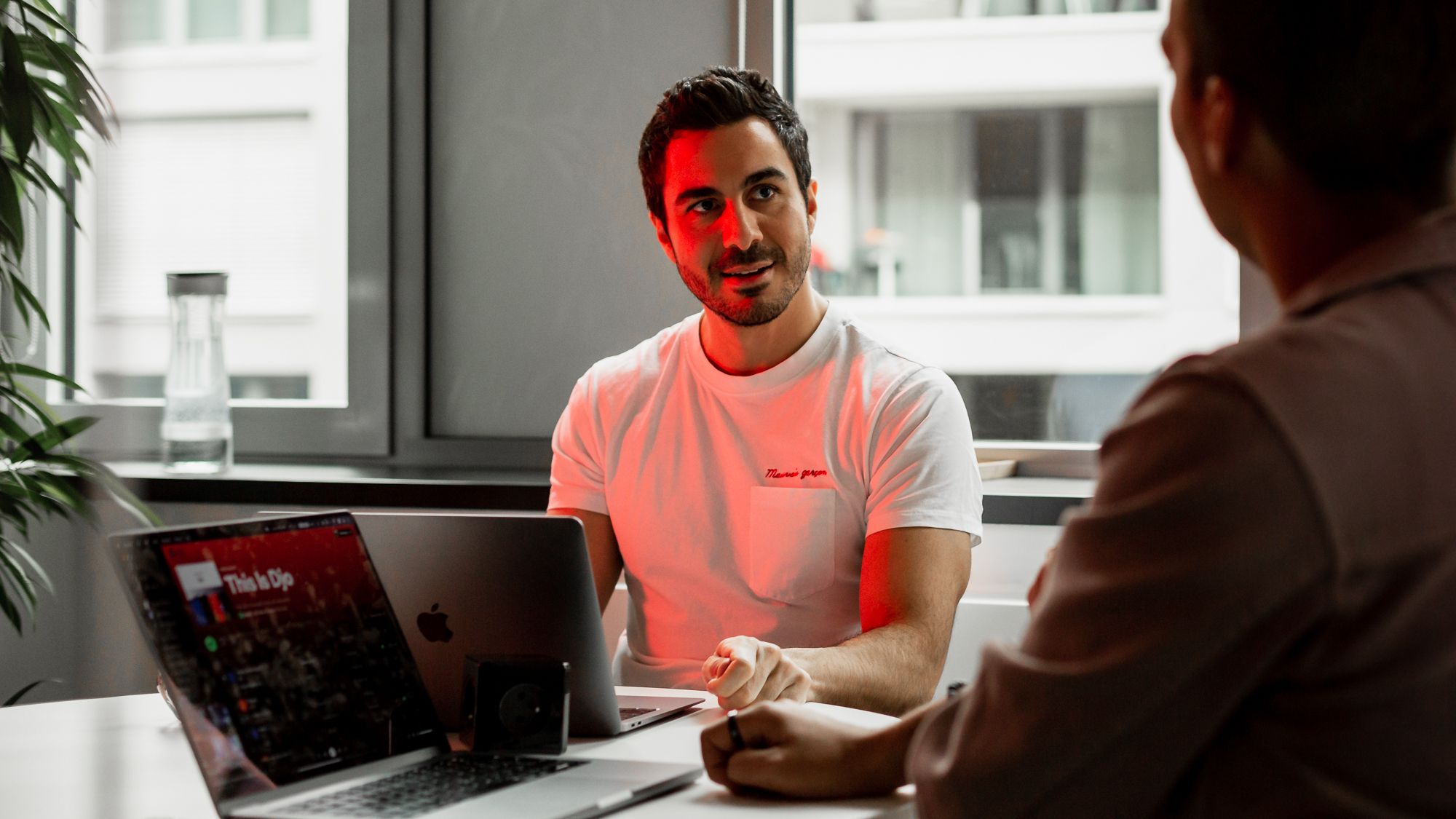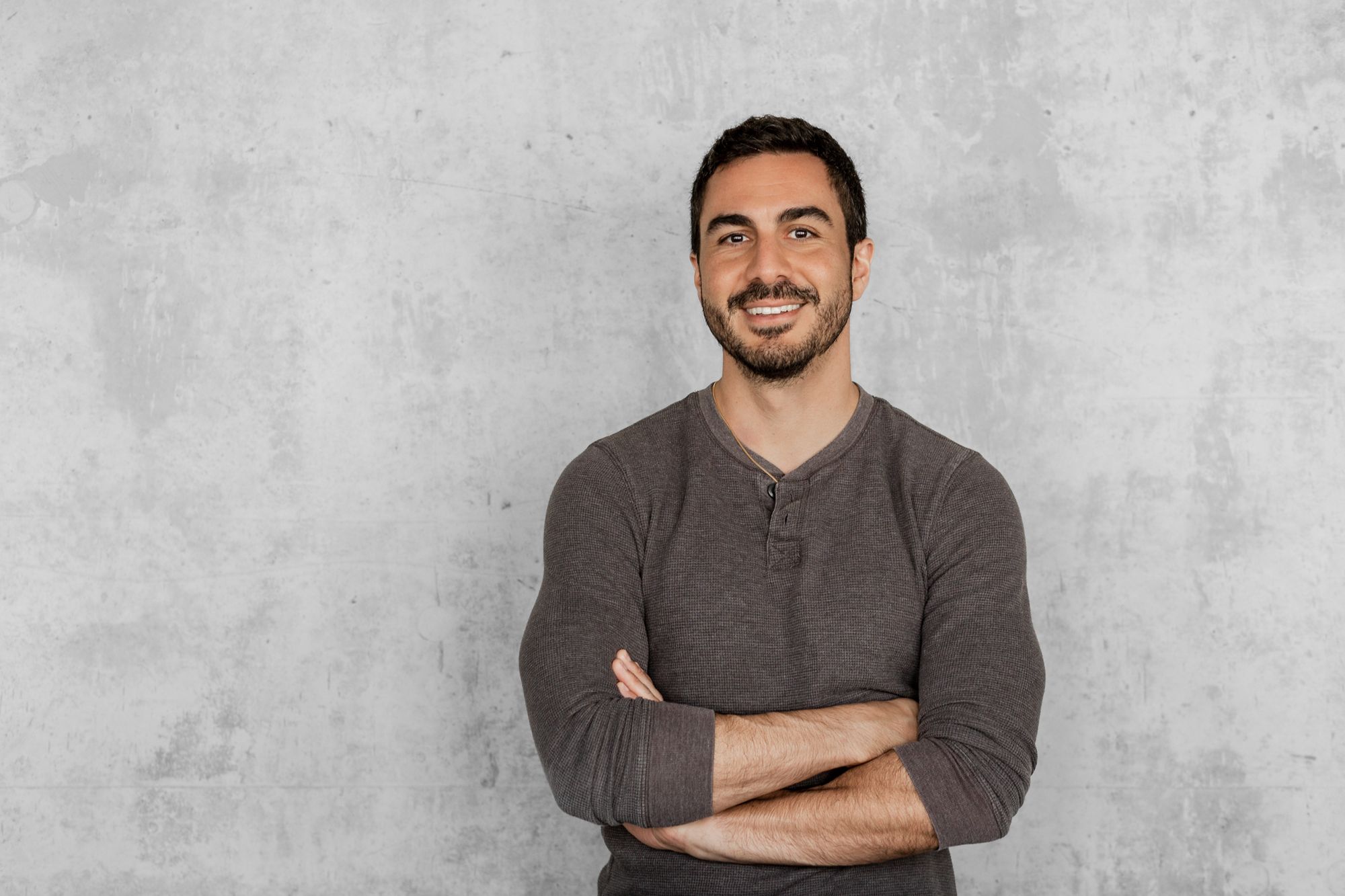UPDATE: Prague event is sold out, but there are still a few tickets left for Brno event
If you're a machine-learning, VR, AI enthusiast, you are not going to want to miss this exclusive event. Erich, a former engineer at Oculus Rift and current engineering manager for the Identity Team on Facebook Spaces (which combines VR with social media), will be sitting down with STRV COO Lubo Smid to talk shop on September 19 in Brno and then again on September 21 in Prague.
The fireside chat will be held in English followed, as always, by an after-party, where you can enjoy a beer or two and mingle with Erich as well as others in the local IT community!
Can’t wait? We caught up with Erich recently and asked him a few questions about his unique journey to Silicon Valley. Read what he had to say below.
Tell us about your path to Facebook.
I studied applied mathematics at Columbia and Brown and spent some summers doing research work in material science at Stanford and systems engineering at NASA’s Jet Propulsion Laboratory. I left my PhD program early in 2011 and moved to the San Francisco Bay Area where I worked for two startups. First Quid, where I designed NLP and data visualization algorithms for making sense of large corpuses of unstructured text data. Then Newsle, a startup that tracked your social network’s mentions in the news. I was the first employee, and wrote their entity disambiguation and real-time news clustering ML algorithms. Since joining Facebook in 2013, I’ve worked on several things, including:
- the News Feed ranking algorithm (improving the quality of surfaced news and public content stories),
- overhauled the Comment ranking algorithms (ranking the comments beneath big public stories),
- wrote VR-based simulations for improving the tracking systems of Oculus headsets,
- designed the avatar auto-generation algorithm for Facebook Spaces and leading the team working on making avatars more expressive and emotive.
You spent nine months on the Computer Vision team at Oculus Rift (acquired by Facebook in 2014) and have been a part of Facebook’s Social VR + AI/Computer Vision teams since the end of last year. How did your interest in VR, AI and machine-learning evolve?
The raw excitement comes from a childhood love of science fiction. Technology is fascinating in how it lets humans connect with each other and become more human — VR lets us feels like we’re standing in the same room as someone across the globe even more than a video chat or instant message. The ability to switch between such different fields (AI, ML, Computer Vision, VR) really stems from my love of math. So many new problems become an exercise in clever mathematical models that have familiar pieces and optimizations (matrices, high-dimensional functions, vector space models, optimization) that reappear again and again.
Speaking of Facebook Spaces, it’s in beta now, but can you give us some hints about how it’s going to take VR to the next level?
There’s so much more that we want to do with Facebook Spaces — the sky is really the limit. For now, we are continuing to focus on adding new capabilities and features that help people connect with their friends and family in new ways. We think of these as “social building blocks,” the components that let friends have fun and be creative in the VR space together. A recent example is the ability to broadcast Live from Spaces, which we just launched in July. It lets you and your friends share your VR experience with a larger audience. We’ll be building a lot of more things like this. For my team specifically, the social building block that we're focused on is avatars: We're working on making them even more expressive, because it's our hope that future improvements will help people to connect with each other in even more meaningful ways.
What’s the coolest part of your job?
The chance to work with an absolutely brilliant team. On a regular day I will be talking with AI experts about classification algorithms, character artists who have built games like the Sims 4 and worked on Hollywood blockbusters, and star engineers who built the shader and rendering systems at Pixar. These people aren’t just technical geniuses, they’re storytellers and well-rounded humans. I’m a better person just for being around them. (The chance to play with new ideas in VR is another bonus.)
What advice can you share for those who are eager to land a job with one of the Valley’s IT giants?
The Internet means it’s easier than ever to learn something new. Take advantage of this and publish your results. Follow a tutorial teaching you how to build facial recognition. Work through an expert’s iPython notebook showing you how to train a neural network that can synthesize new music. Take a Udacity or Coursera class about something you have no idea how to do. Bring a sense of excitement and humility with you as you learn, study your whiteboard algorithms.
